Best movies like A Film Unfinished
In 1942 The Nazi Propaganda Machine Was Hard at Work. 70 Years Later, The Deceit is Finally Unmasked.
A unique, carefully handpicked, selection of the best movies like A Film Unfinished Starring Alexander Beyer, Rüdiger Vogler, and more. If you liked A Film Unfinished then you may also like: The Zookeeper's Wife, Uprising, The Wonderful, Horrible Life of Leni Riefenstahl, The Night of the Generals, Night Will Fall and many more popular movies featured on this list. You can further filter the list even more or get a random selection from the list of similar movies, to make your selection even easier.
Yael Hersonski's powerful documentary achieves a remarkable feat through its penetrating look at another film-the now-infamous Nazi-produced film about the Warsaw Ghetto. Discovered after the war, the unfinished work, with no soundtrack, quickly became a resource for historians seeking an authentic record, despite its elaborate propagandistic construction. The later discovery of a long-missing reel complicated earlier readings, showing the manipulations of camera crews in these "everyday" scenes. Well-heeled Jews attending elegant dinners and theatricals (while callously stepping over the dead bodies of compatriots) now appeared as unwilling, but complicit, actors, alternately fearful and in denial of their looming fate.
A Film Unfinished
You may filter the list of movies on this page for a more refined, personalized selection of movies.
Still not sure what to watch click the recommend buttun below to get a movie recommendation selected from all the movies on this list
The Wonderful, Horrible Life of Leni Riefenstahl
This documentary recounts the life and work of one of most famous, and yet reviled, German film directors in history, Leni Riefenstahl. The film recounts the rise of her career from a dancer, to a movie actor to the most important film director in Nazi Germany who directed such famous propaganda films as Triumph of the Will and Olympiad. The film also explores her later activities after Nazi Germany's defeat in 1945 and her disgrace for being so associated with it which includes her amazingly active life over the age of 90.
The Night of the Generals
A German intelligence officer investigates a prostitute's killing in Warsaw during World War II. He lands on three major Nazi generals as suspects, two of whom are also involved in a plot to kill Adolf Hitler.
Night Will Fall
When Allied forces liberated the Nazi concentration camps in 1944-45, their terrible discoveries were recorded by army and newsreel cameramen, revealing for the first time the full horror of what had happened. Making use of British, Soviet and American footage, the Ministry of Information’s Sidney Bernstein (later founder of Granada Television) aimed to create a documentary that would provide lasting, undeniable evidence of the Nazis’ unspeakable crimes. He commissioned a wealth of British talent, including editor Stewart McAllister, writer and future cabinet minister Richard Crossman – and, as treatment advisor, his friend Alfred Hitchcock. Yet, despite initial support from the British and US Governments, the film was shelved, and only now, 70 years on, has it been restored and completed by Imperial War Museums under its original title "German Concentration Camps Factual Survey".
The Rape of Europa
World War II was not just the most destructive conflict in humanity, it was also the greatest theft in history: lives, families, communities, property, culture and heritage were all stolen. The story of Nazi Germany's plundering of Europe's great works of art during World War II and Allied efforts to minimize the damage.
Run Boy Run
Run Boy Run is the true story of Jurek, an eight-year-old boy, who escapes from the Warsaw ghetto, then manages to survive in the woods and working as a farmhand, disguising himself as a Polish orphan. He encounters people who will betray him for a reward, who will beat him up or try to kill him, and he meets those, who will do and risk almost everything to help him. Jurek’s resilience is put to the ultimate test, when an accident cripples him, making it harder to find work. But he struggles on against all odds. Eventually the Russians reach his area and Jurek even finds a family where he could stay. Yet he is betrayed again, and a young man from a Jewish orphanage forcefully tries to bring Jurek back to his people and his faith.
Jakob the Liar
In 1944 Poland, a Jewish shop keeper named Jakob is summoned to ghetto headquarters after being caught out after curfew. While waiting for the German Kommondant, Jakob overhears a German radio broadcast about Russian troop movements. Returned to the ghetto, the shopkeeper shares his information with a friend and then rumors fly that there is a secret radio within the ghetto.
Jew Suss: Rise and Fall
This intricate historical drama tells the story of actor Ferdinand Marian (Tobias Moretti), who is ordered by Nazi propagandist Joseph Goebbels to star in the 1940 anti-Semitic film Jew Suss. Despite his cooperation, Ferdinand's actions have unexpected costs. Ferdinand's Jewish wife, Anna (Martina Gedeck), is sent to a concentration camp, and as World War II intensifies, he rebels against the Nazis, leading to the destruction of his career.
The Counterfeiters
The story of Jewish counterfeiter Salomon Sorowitsch, who was coerced into assisting the Nazi operation of the Sachsenhausen concentration camp during World War II.
The Pianist
The true story of pianist Władysław Szpilman's experiences in Warsaw during the Nazi occupation. When the Jews of the city find themselves forced into a ghetto, Szpilman finds work playing in a café; and when his family is deported in 1942, he stays behind, works for a while as a laborer, and eventually goes into hiding in the ruins of the war-torn city.
Der Fuehrer's Face
A marching band of Germans, Italians, and Japanese march through the streets of swastika-motif Nutziland, serenading "Der Fuehrer's Face." Donald Duck, not living in the region by choice, struggles to make do with disgusting Nazi food rations and then with his day of toil at a Nazi artillery factory. After a nervous breakdown, Donald awakens to find that his experience was in fact a nightmare.
Escape from Sobibor
The true story of WWII's notorious Sobibor Nazi death camp, where a courageous inmate orchestrates and leads the escape of over 300 prisoners.
The Eternal Jew
A Nazi propaganda film made to promote anti-Semitism among the German people. Newly-shot footage of Jewish neighborhoods in recently-conquered Poland is combined with preexisting film clips and stills to defame the religion and advance Hitler's slurs that its adherents were plotting to undermine European civilization.
Stalingrad
"Stalingrad" follows the progress of a German Platoon through the brutal fighting of the Battle of Stalingrad. After having half their number wiped out and after being placed under the command of a sadistic Captain, the Lieutenant of the platoon leads his men to desert. The men of the platoon attempt to escape from the city which is now surrounded by the Soviet Army.
Theresienstadt
Nazi propaganda film about the "Theresienstadt ghetto". The film was supposed to show the world that Jews didn't suffer in concentration camps. Upon completion, most Jews shown in the film (including director Kurt Gerron) were brought to Auschwitz, where they were killed.
To Be or Not to Be
During the Nazi occupation of Poland, an acting troupe becomes embroiled in a Polish soldier's efforts to track down a German spy.
My Private War
Late in the 1980s, two documentary film makers found six German men, all in their 60s and 70s, who had been soldiers in the German invasion of the USSR in 1942. Each carried an 8mm camera into battle and they still had their film. "Mein Kreig" alternates between interviews with these older men, now apologetic, philosophical, or defiant about their participation, and the footage they shot. It's chronological: basic training, the train trip East, roof-top vistas of war-torn Warsaw, peasants in Belarus, the downing with carbine volleys of a Russian plane, winter, a holiday at the Black Sea, mud, impassable roads, death, destruction and retreat. "Home, that was the front," one says.
Warsaw: Year 5703
In the winter of 1943 two young Jews, Alek and Fryda, escape, via sewer tunnels, from the atrocities underway in Warsaw ghetto. Alek, entrusted with undeveloped photos of the horrors within, makes his way to a supposedly safe apartment only to find it occupied by Germans. Another tenant, a pole Stephania, abruptly offers to shelter him in her spacious apartment. She comforts him and they make love that very night. Stefania is uncommonly generous and willing to jeopardize her own safety by hiding a Jew. She even goes to a nearby church and rescues Fryda. But Fryda is ungrateful and proceeds to sabotage the trio's safety in insidious ways.
The Courageous Heart of Irena Sendler
Irena Sendler is a Catholic social worker who has sympathized with the Jews since her childhood, when her physician father died of typhus contracted while treating poor Jewish patients. When she initially proposes saving Jewish children from the Warsaw Ghetto, her idea is met with skepticism by fellow workers, her parish priest, and even her own mother Janina.
The Wall
A dramatic re-enactment of the Warsaw Ghetto Jewish uprising in April 1943 were 650 armed members of the Jewish Fighting Organization of Poland held off a 3,000 strong Nazi force in which only a handful of Jews survived. Tom Conti plays Dolek Berson, a Jewish smuggler who joins the resistance movement and is aided on the Aryan side of the wall by a former teacher named Regina Kowalski played by Rachel Roberts in her final role.
Love Gets a Room
January 1942, in Nazi-occupied Poland during World War II. Thousands of Jews have been confined to the Warsaw ghetto for more than a year. Outside, life goes on; inside, they struggle to survive another day. Still, on a cold winter night, a group of Jewish actors manage to stage a lively musical comedy.
And the Violins Stopped Playing
This is the true story about a group of Romani's (gypsy) in occupied Poland during World War II as they confront the atrocities and tragedies of a forgotten holocaust.
Marcel Reich-Ranicki - Mein Leben
The film tells the early life story of Marcel Reich-Ranicki, who was born in Wloclawek, Poland in 1920. During the Third Reich, the family was in great danger. Nevertheless, he returned to Germany with his wife.
Nazi Titanic
During a bizarre chapter of WWII, Nazi propaganda minister Joseph Goebbels decided to make a movie based on the sinking of the Titanic. This epic film was so large in scale that the Nazis were forced to divert men, material and ships from the war effort in order to complete it. Titanic was filmed aboard cruise ship SS Cap Arcona in the Baltic Sea. The movie’s director Herbert Selpin was arrested by the Gestapo over comments he made about the ship’s crew and he was questioned by Goebbels. Selpin was found dead the next day in his cell. The Gestapo’s verdict was suicide. Titanic never received the impressive premiere that Goebbels intended, being first shown in Nazi-occupied Paris in 1943. We reveal this little known but fascinating story by looking at the making of the film, as well as the fate of the German ship Cap Arcona.
The Third Reich In Color
This remarkable trove of color footage, assembled from far-flung private and state collections, presents Hitler's Europe as never seen before. Amateur film enthusiasts - soldiers, tourists, Hitler's own pilot, even Hitler's mistress, Eva Braun - began experimenting with color film in the late 1930s, their camera eye recording the Third Reich from every angle. Some of this film was only recently uncovered in former Soviet-bloc archives, hidden for almost 60 years; all of it, thanks to digital technology, has been newly transferred to video with surprising clarity. (This documentary was produced with two different narratives, both an English and German language version.)
Hitler in Colour
Documentary using only original colour footage charts the 12 years from Adolf Hitler's rise to power to the fall of Berlin in 1945. Complemented by eyewitness material, tracks the dramatic transformation of Germany into a Nazi state, looks into Hitler's relationship with his lover Eva Braun and replicates pivotal events, including Nazi rallies, the invasion of Poland, Hitler's meeting with Lloyd George, the horrors of Buchenwald concentration camp, Warsaw's Jewish Ghetto, the Battle of Britain and the fall of Berlin.
The Eagle and the Lion: Hitler vs Churchill
Winston Churchill, one of the most revered men of the twentieth century. Adolf Hitler, one of the most hated leaders in contemporary history. Between 1940 and 1945, these two enormously contradictory personalities faced each other in both politics and war. A clash of giants whose story begins in the trenches of the World War I and ends with the debacle of the World War II.
Poland 1939: When German Soldiers Became War Criminals
September 1st, 1939. Nazi Germany invades Poland. The campaign is fast, cruel and ruthless. In these circumstances, how is it that ordinary German soldiers suddenly became vicious killers, terrorizing the local population? Did everyone turn into something worse than wild animals? The true story of the first World War II offensive that marks in the history of infamy the beginning of a carnage and a historical tragedy.
The Secret Diary of the Holocaust
The Secret Diary Of The Holocaust tells the extraordinary tale of a 14-year-old Polish girl, Rutka Laskier, who was murdered at Auschwitz in 1943. In 2005, the school notebook in which Rutka recorded her last months in the ghetto of Bedzin was made public, six decades after she hid it under the floorboards of her home there. Rutka was immediately dubbed the 'Polish Anne Frank'. In her diary, Rutka wrote about her life in the ghetto in 1943, detailing not just the Nazi atrocities, physical hardship and hunger, but also how she was developing as a young woman. She also tells how she made a daring escape from one of the early 'aktions', Nazi round-ups of Jews for transportation. The documentary will unravel Rutka's story through the eyes of her half-sister, Israeli academic Zahava Scherz, on a journey to Poland in search of the sister she never knew.
The Auschwitz Report
This is the true story of Freddy and Walter – two young Slovak Jews, who were deported to Auschwitz in 1942. On 10 April 1944, after meticulous planning, they manage to escape. While the inmates they had left behind courageously stand their ground against the Nazi officers, the two men are driven on by the hope that their evidence could save lives.
Battle Squadron Lützow
Propaganda film telling the story of a German bomber crew taking part in the invasion of Poland and attacks on British shipping.
Prisoner of Paradise
The film tells the true story of Kurt Gerron, a German-Jewish cabaret and film actor in the 1920s and 1930s who was sent to the Theresienstadt concentration camp where he was commanded to write and direct a Nazi propaganda film.



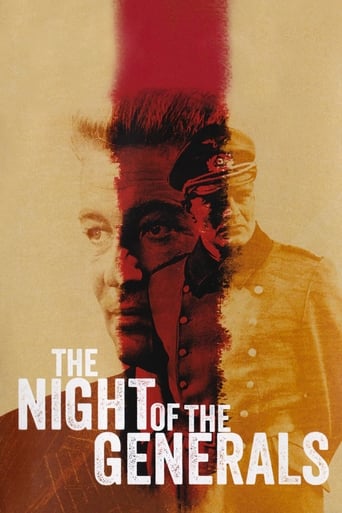
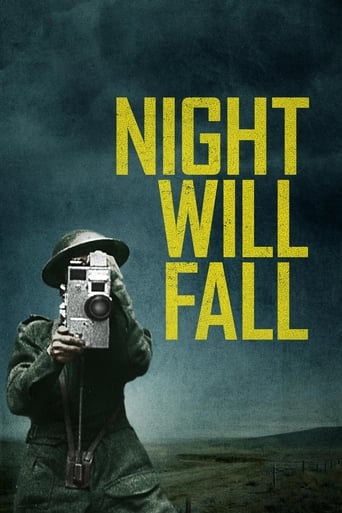


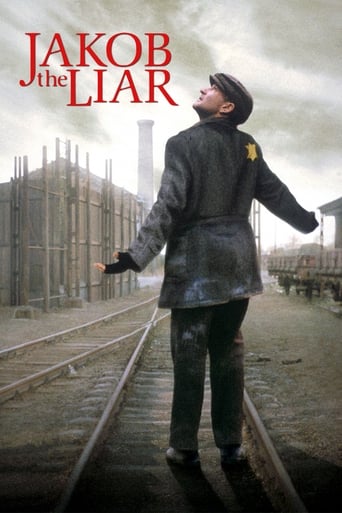



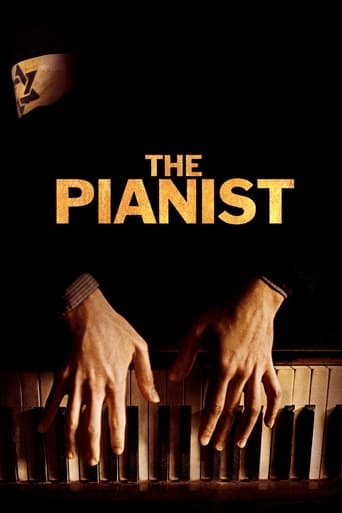






















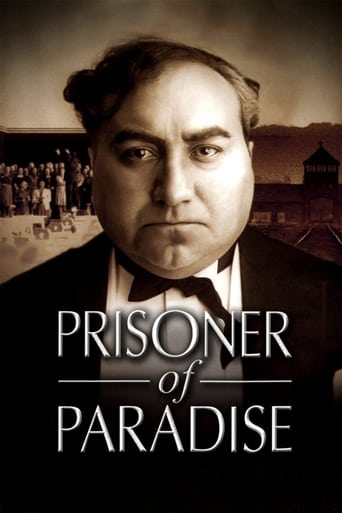
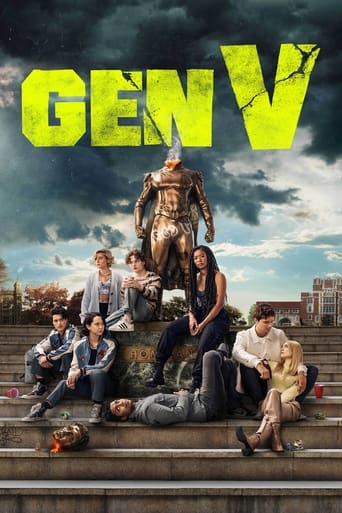
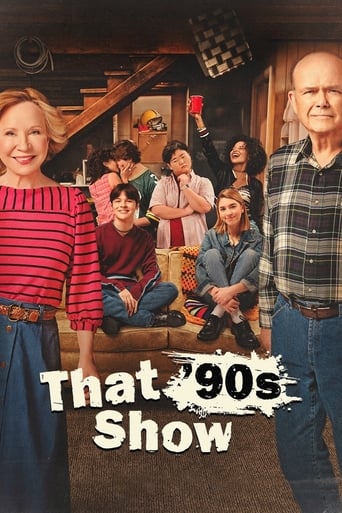
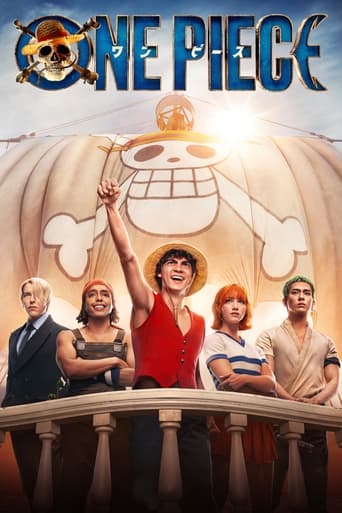
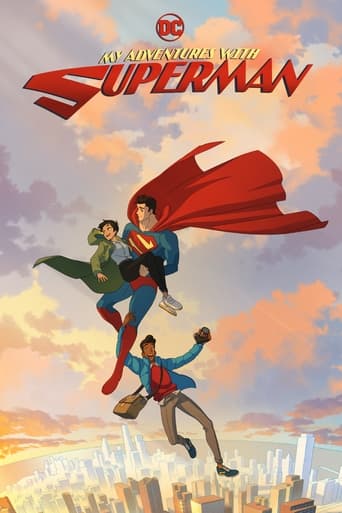
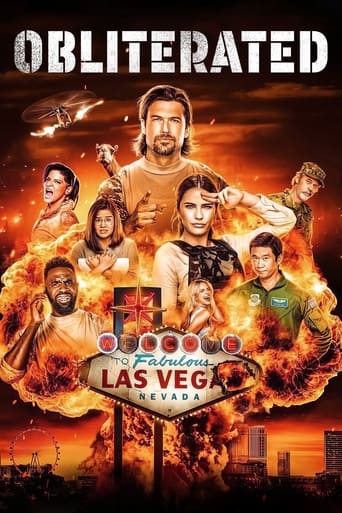
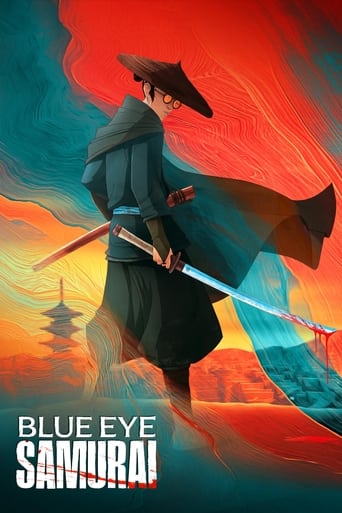
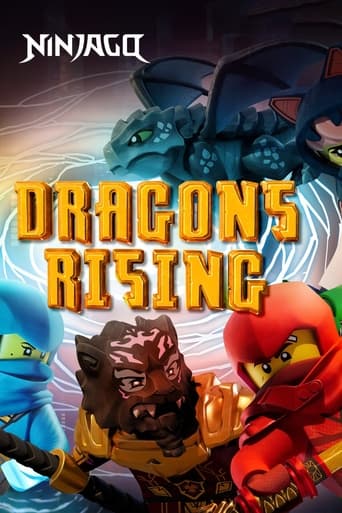
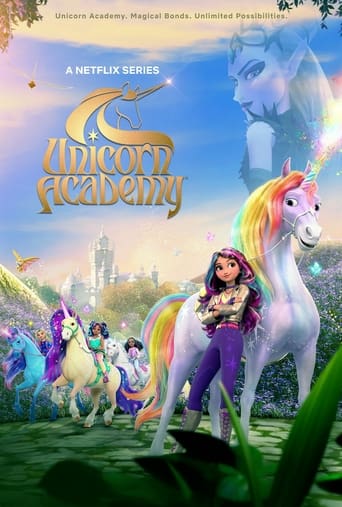
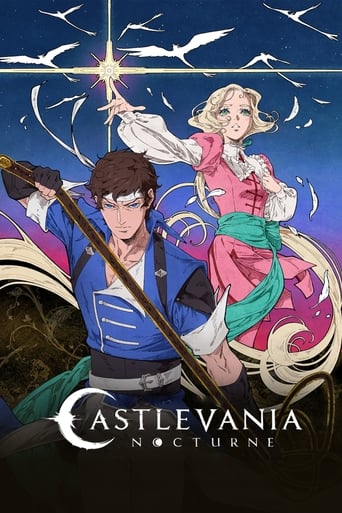


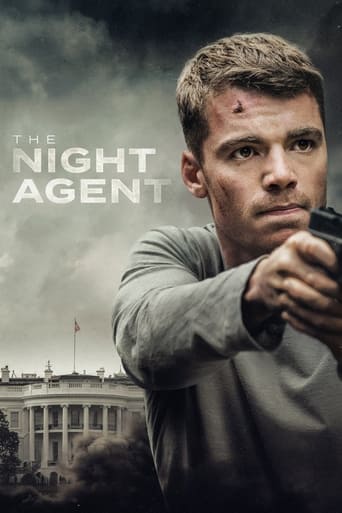
The Zookeeper's Wife
The account of keepers of the Warsaw Zoo, Jan and Antonina Zabinski, who helped save hundreds of people and animals during the Nazi invasion.